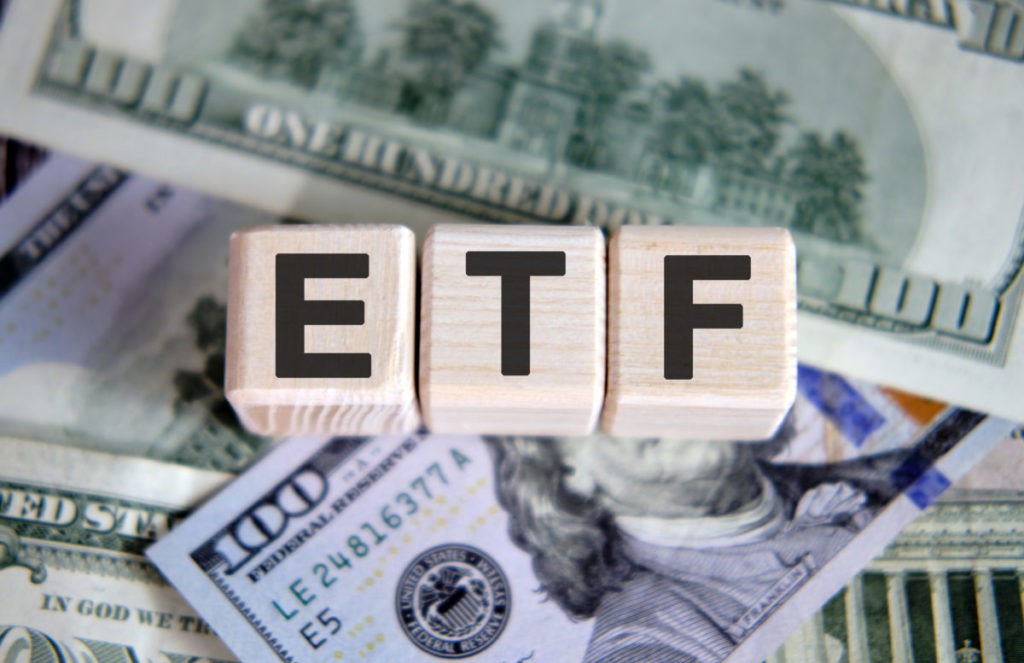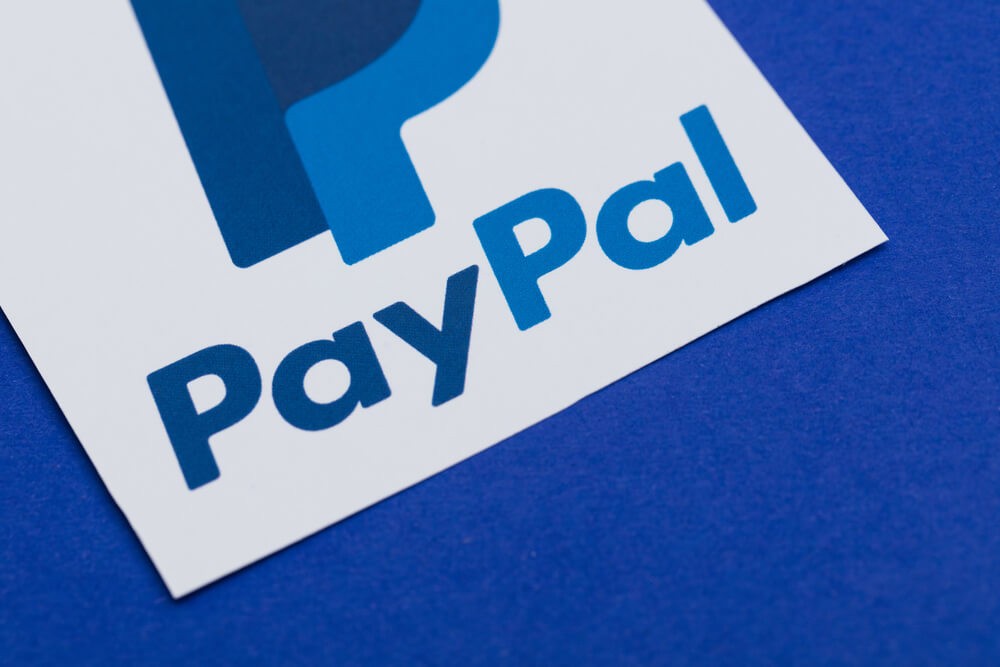Exchange-traded funds (ETFs) have become one of the most important and popular investment vehicles for both individual and institutional investors. Their rise to prominence over the last few decades can be attributed to a unique set of features that differentiate ETFs from traditional mutual funds and other investment options.
One of the most popular questions is, ‘What is an ETF?’ Also, people in the UK want to know, ‘How to buy an ETF in UK?’
To understand the importance of ETFs, it’s essential to compare them with other types of funds, such as mutual funds and closed-end funds, across various dimensions, including liquidity, costs, tax efficiency, and investment strategy.
Liquidity and trading
It is better to start from the beginning when it comes to questions like, ‘How to buy an ETF in UK?’
ETFs are known for their high liquidity. They trade on major stock exchanges, just like individual stocks, which means they can be bought and sold throughout the trading day at market prices that can fluctuate.
This is in stark contrast to mutual funds, which are traded only once per day after the markets close, at the net asset value price. This ability to trade ETFs like stocks makes them highly attractive to investors who seek flexibility and the opportunity to react quickly to market changes.
Costs
Another significant advantage of ETFs is their cost efficiency. Generally, ETFs have lower expense ratios compared to mutual funds. This is partly because many ETFs are passively managed and track a specific index, which requires less active management and, therefore, incurs lower administrative costs.
While there are actively managed ETFs, the bulk of the market comprises those that aim to mirror the performance of an index. Mutual funds, on the other hand, often have higher expense ratios due to the cost of active management and other administrative fees.
Additionally, buying and selling ETFs incurs brokerage commissions just like stock transactions, but many brokers now offer commission-free ETFs, further lowering the cost for investors.
Tax efficiency

ETFs are also more tax-efficient than mutual funds. This is because of the unique way ETFs are structured and traded. ETFs utilize a mechanism called “in-kind” transfers, which allows them to manage portfolio changes without actually selling securities, thereby minimizing capital gains distributions.
Mutual funds, which can incur capital gains taxes when the fund managers sell securities for rebalancing or to meet redemptions, do not have this advantage. This feature makes ETFs particularly appealing for taxable investment accounts.
Investment strategy and diversification
ETFs offer a broad range of investment strategies and themes, from traditional market-cap-weighted index funds to those that focus on specific sectors, commodities, or innovative investment strategies like smart beta, which combines elements of passive and active management.
This versatility allows investors to tailor their portfolios more precisely to their investment goals and risk tolerance. Mutual funds also offer a variety of strategies, but ETFs provide more straightforward access to certain markets, like commodities or specific international markets, that might be more challenging to access through mutual funds.
Transparency
ETFs typically provide higher transparency regarding their holdings. Most ETFs disclose their holdings daily, allowing investors to see exactly what assets they are invested in. Mutual funds, however, are required to report their holdings only quarterly, which can make it more challenging for investors to understand their exact exposure at any given time.
Closed-end funds
It is also worth comparing ETFs to closed-end funds (CEFs). Like ETFs, CEFs trade on stock exchanges and can be bought and sold throughout the trading day.
Nevertheless, CEFs have a fixed number of shares and can trade at a premium or discount to their NAV, depending on investor demand.
ETFs, by design, have a mechanism to minimize these price deviations from their NAV. CEFs can offer unique investment opportunities and often employ leverage to enhance returns, but they generally have higher fees and can be more complex than ETFs.
How to buy an ETF?

Now, let’s return to one very important question, ‘How to buy an ETF in UK?’
Buying an ETF in the UK involves several steps that are quite straightforward but require careful consideration, especially for those new to investing. Here’s a guide to help you through the process:
Understand what ETFs are
Before investing, make sure you understand what ETFs are, how they work, and the risks involved. ETFs are investment funds traded on stock exchanges, much like stocks. They hold assets such as stocks, commodities, or bonds and generally operate with an aim to replicate the performance of a specific index.
Determine your investment goals
Identify your investment objectives, risk tolerance, and time horizon. These factors will help you select the right ETFs that match your investment strategy, whether you’re looking for growth, income, diversification, or a mix of these.
Choose a brokerage account
To buy ETFs, you need to have a brokerage account. In the UK, there are several options to choose from, including traditional brokers, online brokers, and investment platforms. Look for one that offers access to the markets you’re interested in, has reasonable fees, a user-friendly interface, and good customer support. Some popular platforms include Hargreaves Lansdown, AJ Bell, and Interactive Investor.
Research ETFs
Once you have a brokerage account, start researching ETFs that align with your investment goals. Consider factors such as the ETF’s performance history, expense ratio, liquidity, and the index it tracks. In the UK, you can invest in domestic ETFs that track UK indices, as well as international ETFs that give you exposure to global markets.
Evaluate tax implications

Understand the tax implications of investing in ETFs in the UK. This includes understanding how dividends are taxed and the impact of capital gains tax when you sell your ETF shares at a profit. The use of an ISA (Individual Savings Account) or a SIPP (Self-Invested Personal Pension) can offer tax-efficient ways to invest in ETFs.
Place an order
Once you’ve selected an ETF, log in to your brokerage account to place an order. You’ll need to decide on the type of order (e.g., market order, limit order) and the number of shares you want to buy. Ensure you review all details before confirming the transaction.
Monitor your investment
After purchasing your ETF shares, it’s important to monitor your investment. This includes keeping an eye on performance, staying informed on market changes, and considering rebalancing your portfolio periodically to align with your investment goals.
Consider professional advice
If you’re unsure about any aspect of investing in ETFs, consider seeking advice from a financial advisor. They can provide personalized advice based on your financial situation and help you navigate the complexities of the market.
To sum up, buying an ETF in the UK is a relatively simple process, but it requires due diligence and ongoing management. By understanding your investment goals, researching your options, and considering the tax implications, you can make informed decisions that align with your financial objectives. Remember, investing in the stock market involves risks, and it’s possible to lose money as well as make it, so invest wisely.











COMMENTS